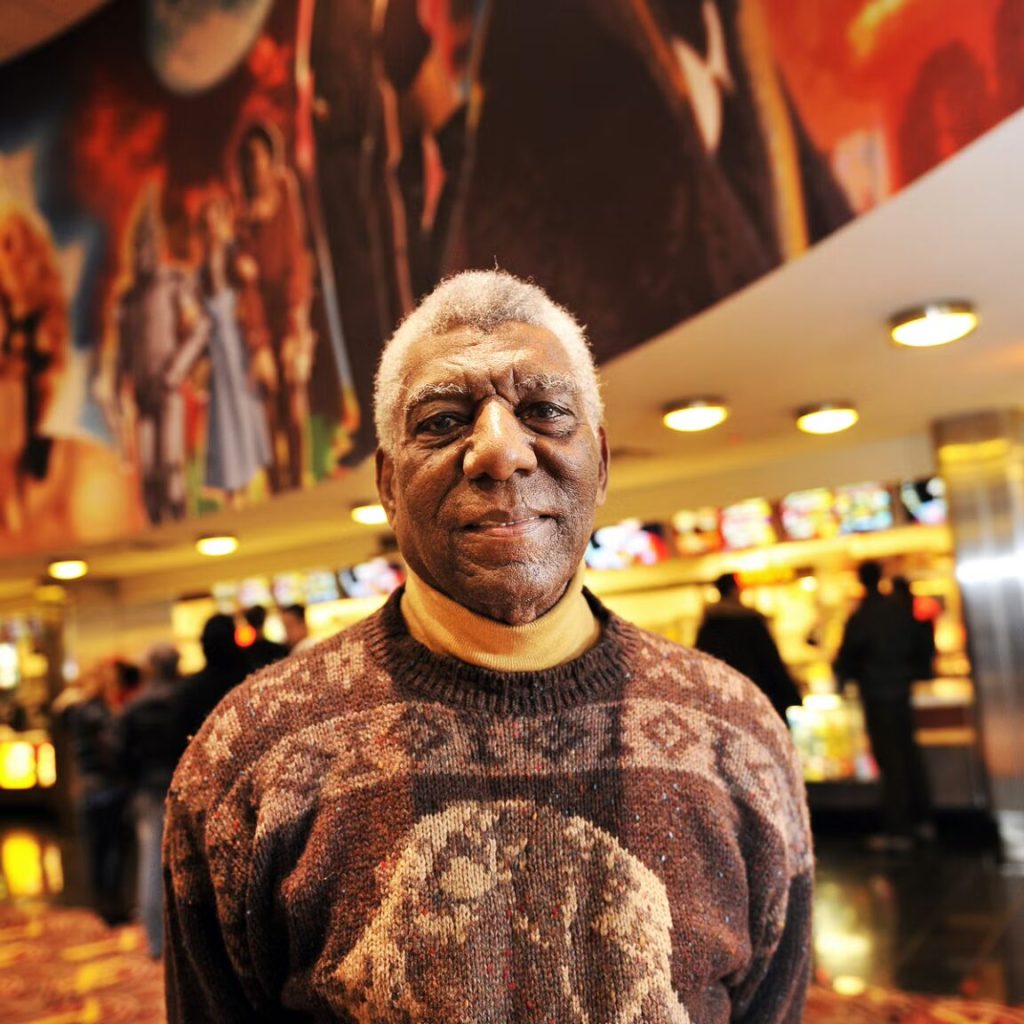
Gene ‘Daddy G’ Barge, the legendary saxophonist, songwriter, and producer known for shaping decades of rhythm and blues, has passed away at the age of 98.
His daughter, Gina, confirmed that he died peacefully in his sleep on Sunday, February 2, 2025, at his home in Chicago.
Barge’s illustrious career spanned over seven decades, beginning in the 1940s when he played in college jazz combos before performing alongside music icons like Little Richard and James Brown. His breakthrough came in 1957 with the hit song C.C. Rider, which showcased his signature saxophone style. Over the years, he collaborated with blues legends such as Muddy Waters, Buddy Guy, and Willie Dixon.
In 1961, Barge played a key role in the rock and roll classic Quarter to Three and later co-produced Natalie Cole’s Grammy-winning album Sophisticated Lady. His contributions extended beyond the studio—he toured with The Rolling Stones in the early 1980s and even played on Public Enemy’s 2005 album New Whirl Odor, where he was credited as “the legendary Mr. Gene Barge.” His influence helped shape the saxophone sound in rock and R&B, inspiring musicians like Clarence Clemons of Bruce Springsteen’s E Street Band.
As a core figure at Chess Records, Barge played on hits like Fontella Bass’ Rescue Me and produced albums for blues greats including Muddy Waters and Little Milton. At Stax Records, he arranged gospel classics such as Inez Andrews’ Lord Don’t Move the Mountain. His work with Chuck Jackson and Marvin Yancey also contributed to Natalie Cole’s breakout albums Natalie and Unpredictable.
Beyond music, Barge had a successful acting career, appearing in thrillers like Above the Law, The Package, and The Fugitive. He also worked as a consultant for Martin Scorsese’s documentary The Blues.
Even in his later years, Barge remained active in Chicago’s music scene, performing with the Chicago Rhythm and Blues Kings. Reflecting on his enduring career, he once said, “You’ve got to move forward, stay contemporary, and keep up with young people—because that’s the future.”
Gene Barge’s legacy is deeply woven into the fabric of American music, and his impact will be felt for generations to come.








